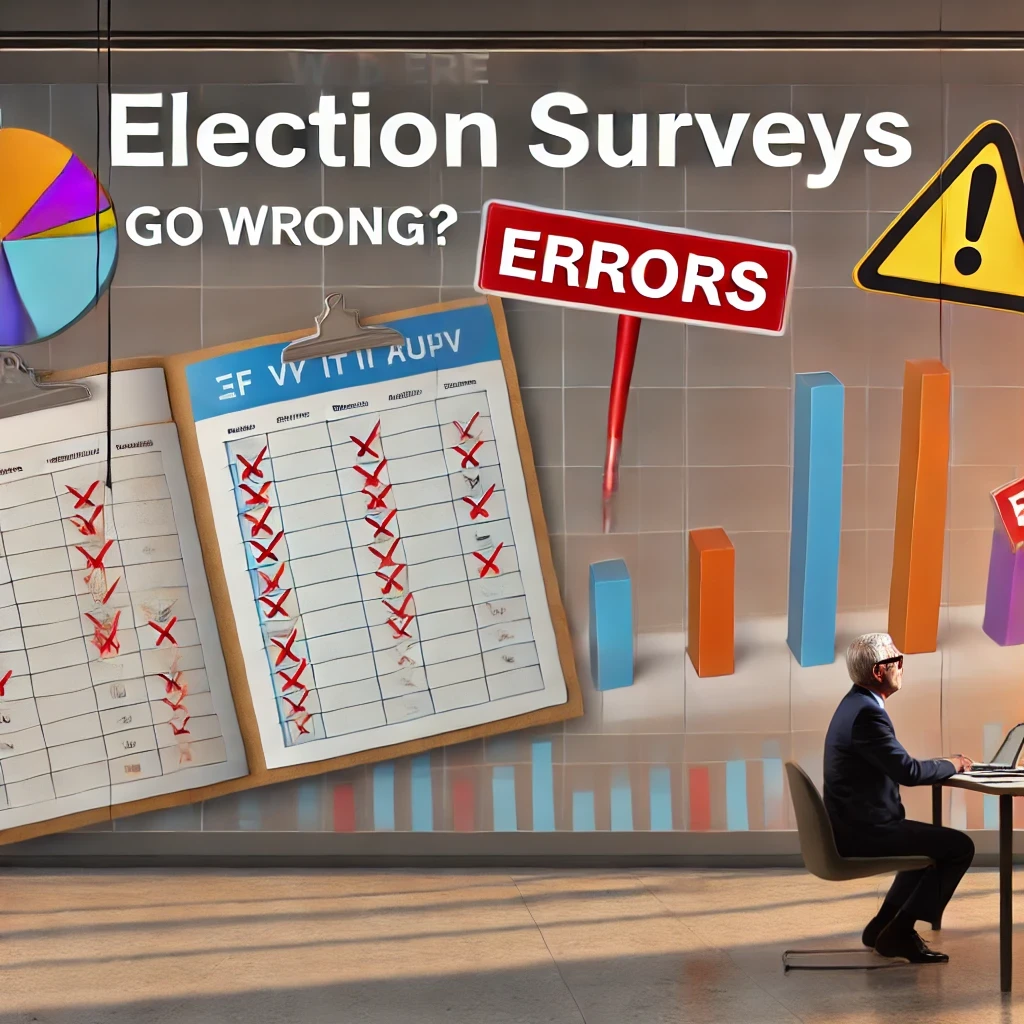
Kalyan Chandra
Kalyan chandra is a political strategist, media and communication consultant with the expertise in public relations, marketing, political research, election campaign management, psephology and digital analytics. He focuses on strategic political consulting, offering services that include competitive research, public opinion collection, and digital media management. Kalyan has significantly contributed to successful campaigns across India with his meticulous approach and deep understanding of the political landscape.
info@kalyanchandra.com
https://kalyanchandra.com

